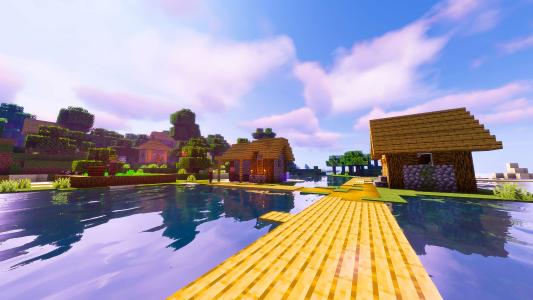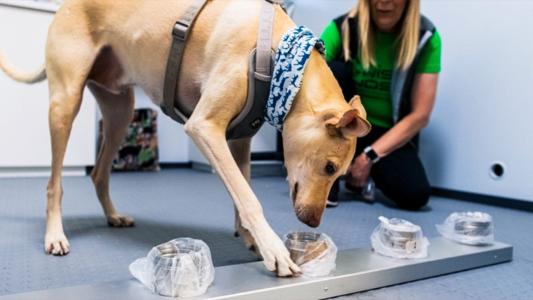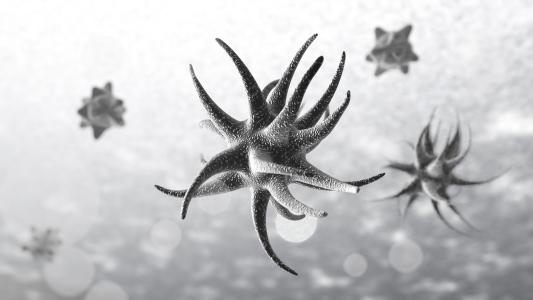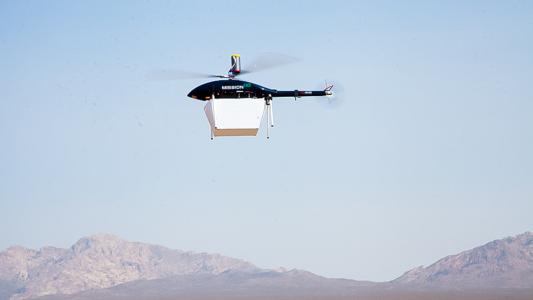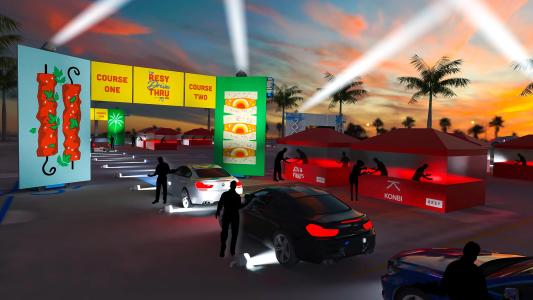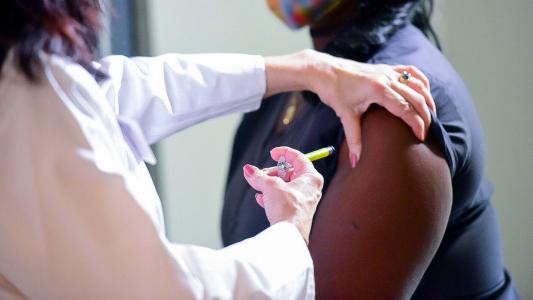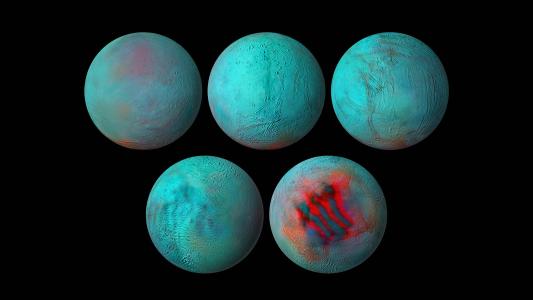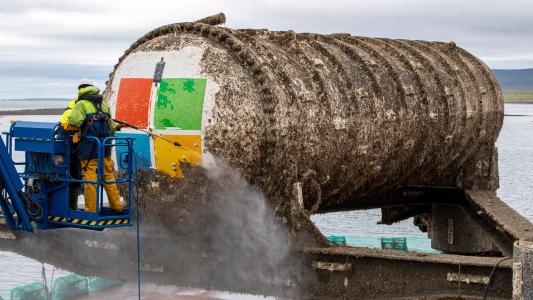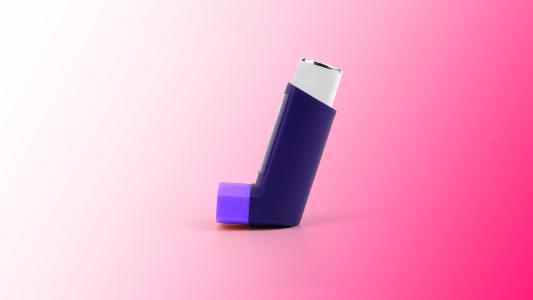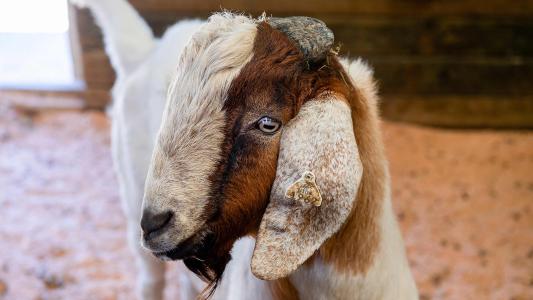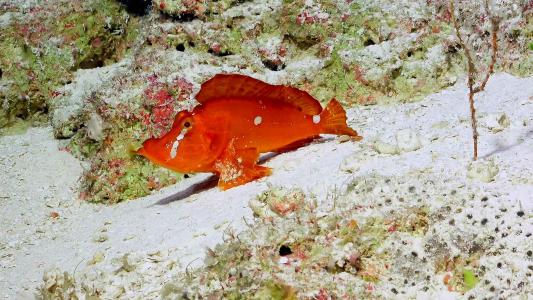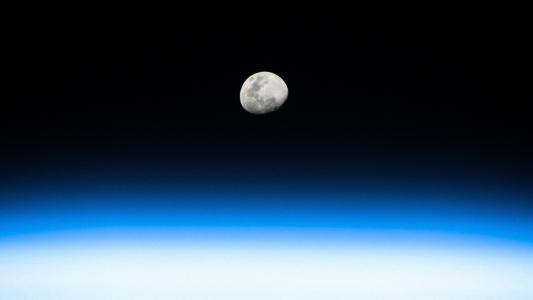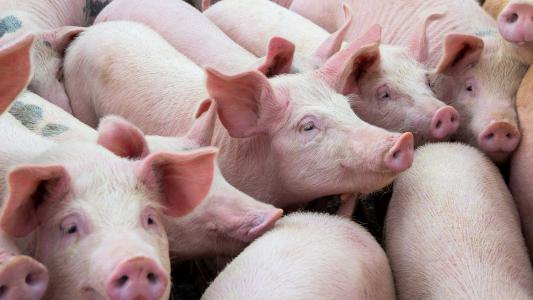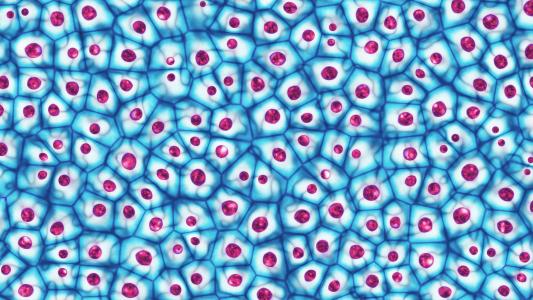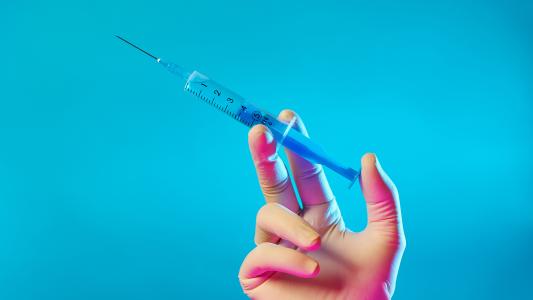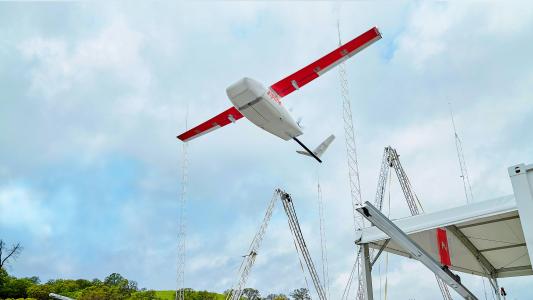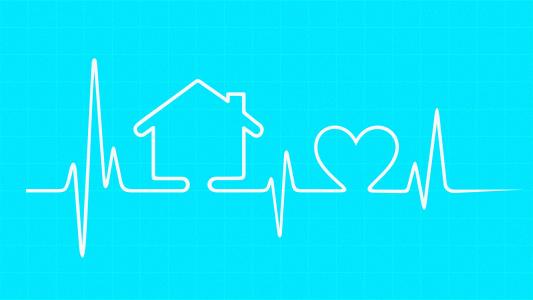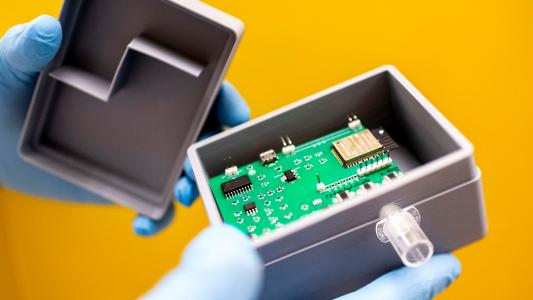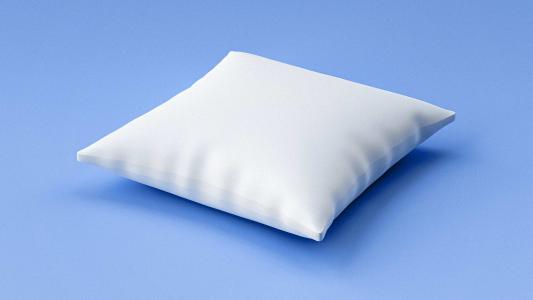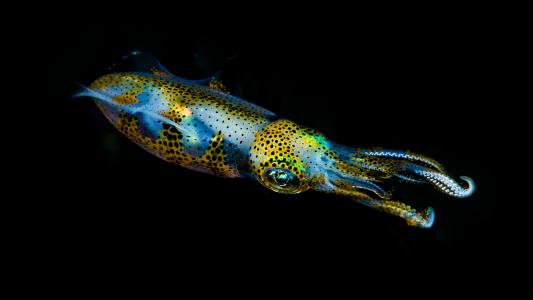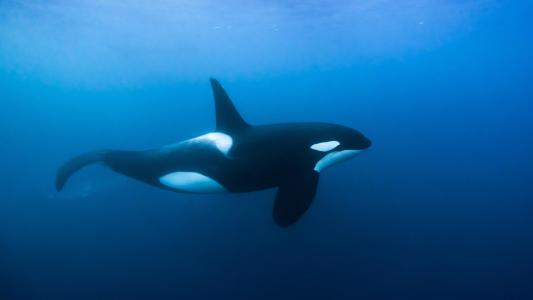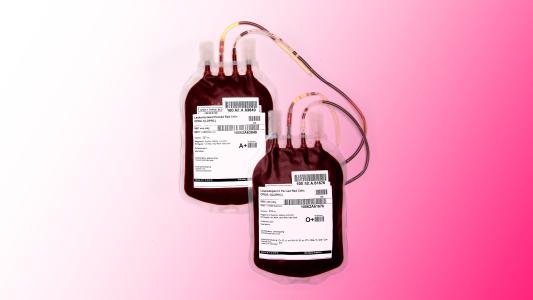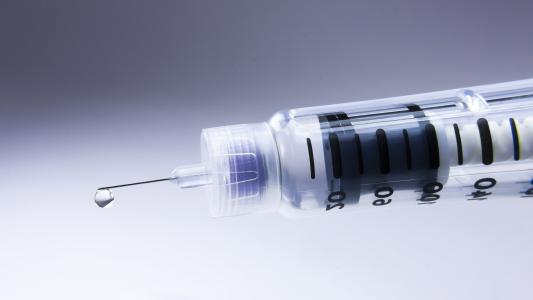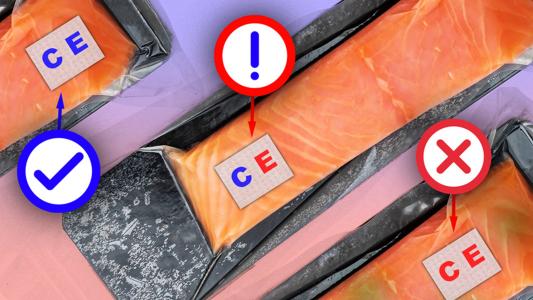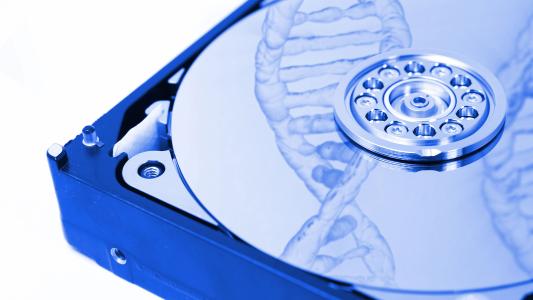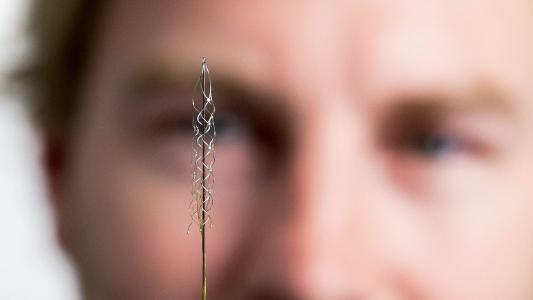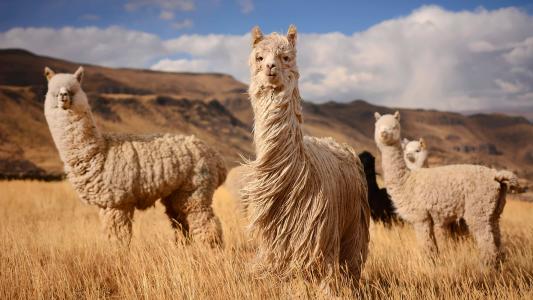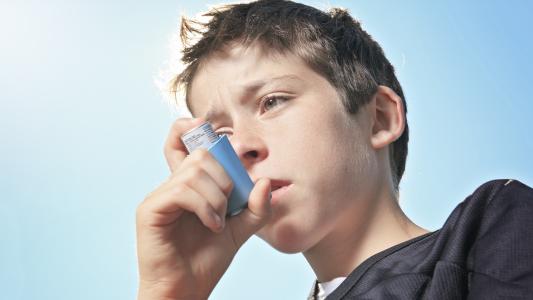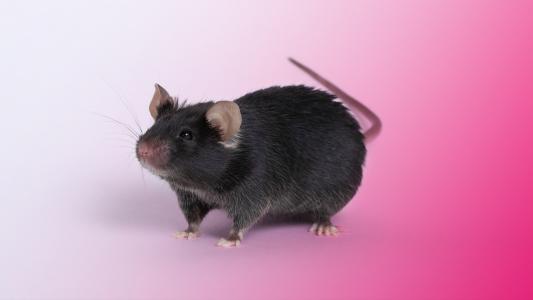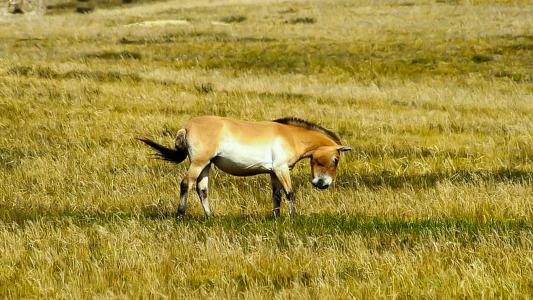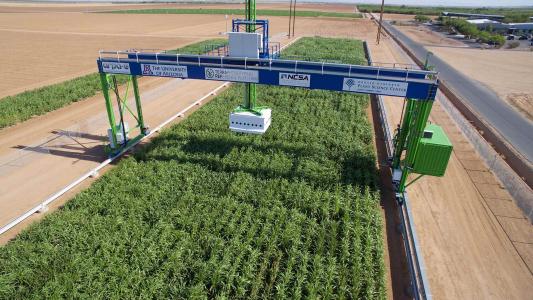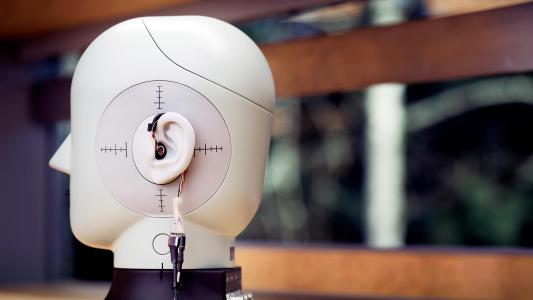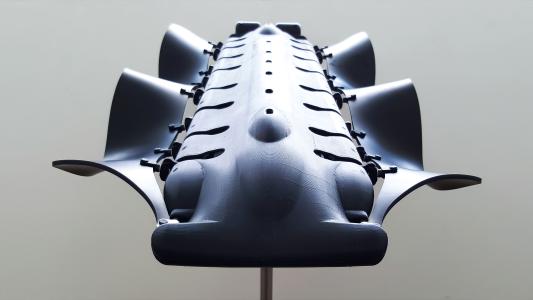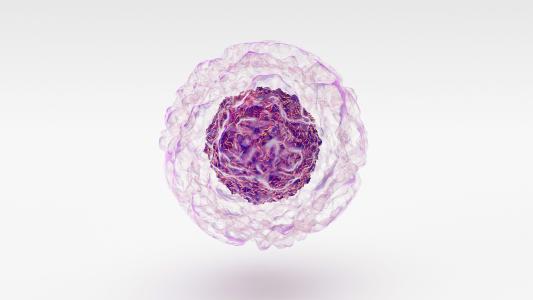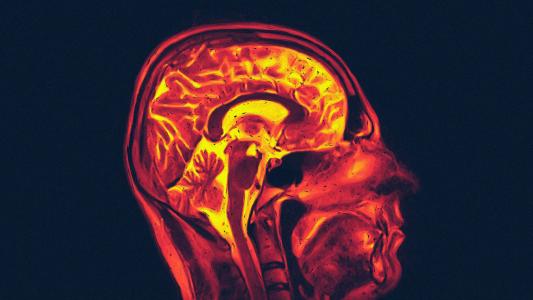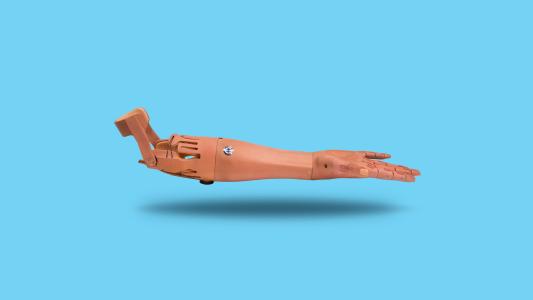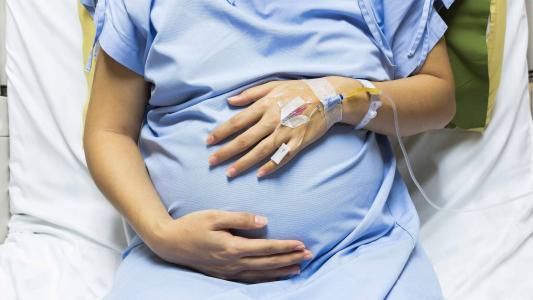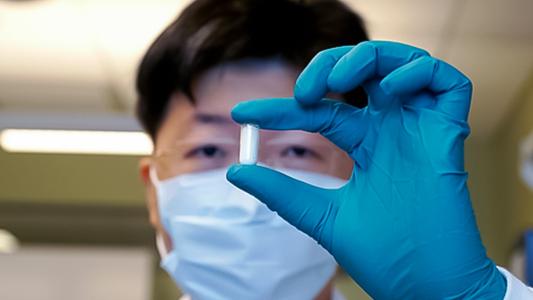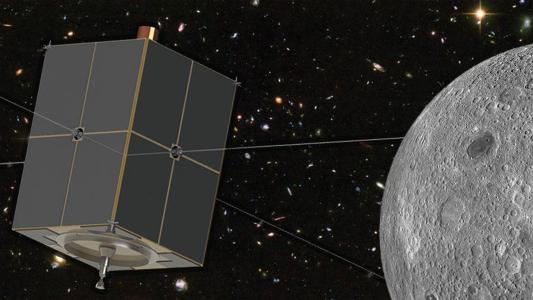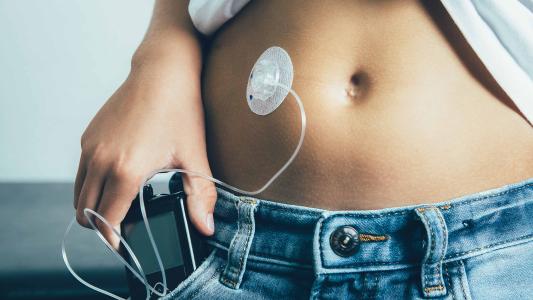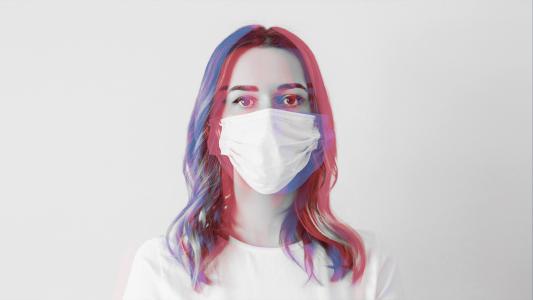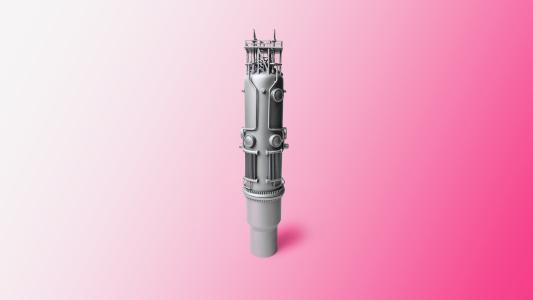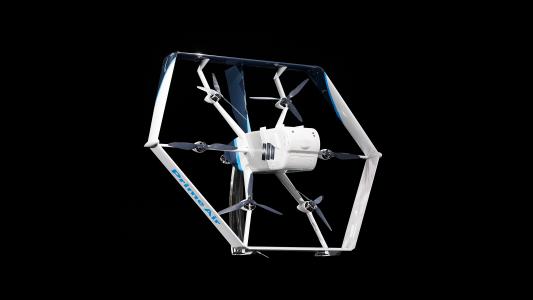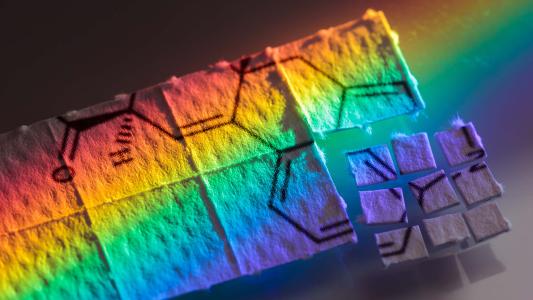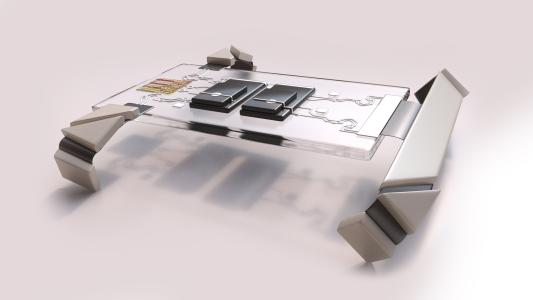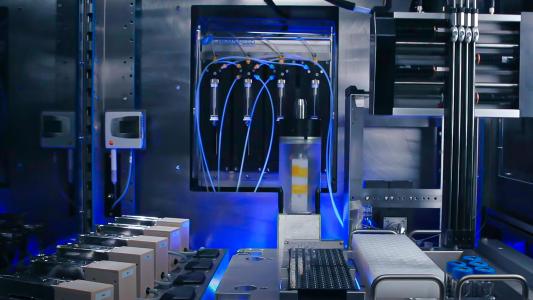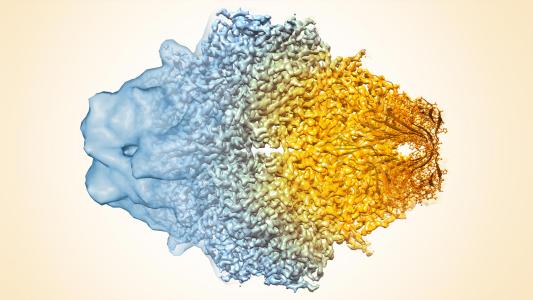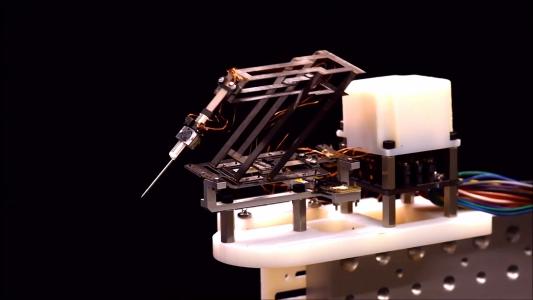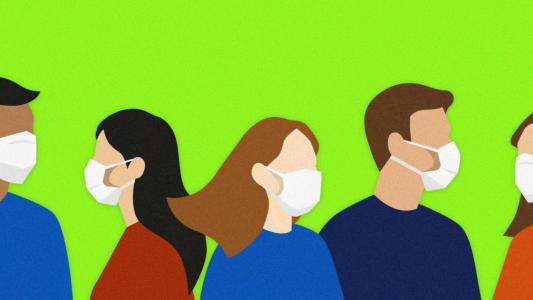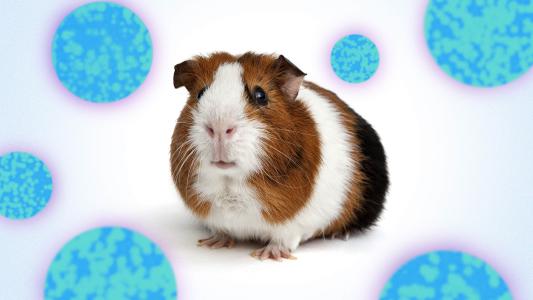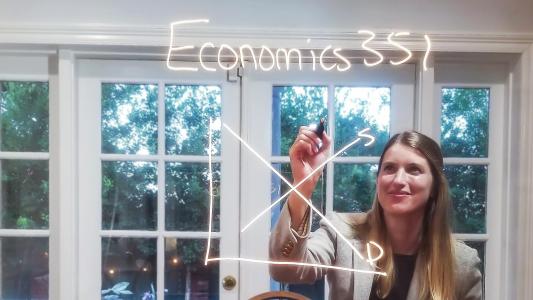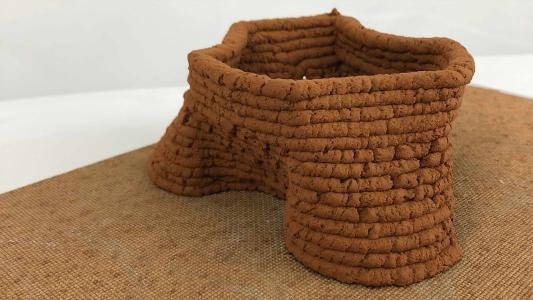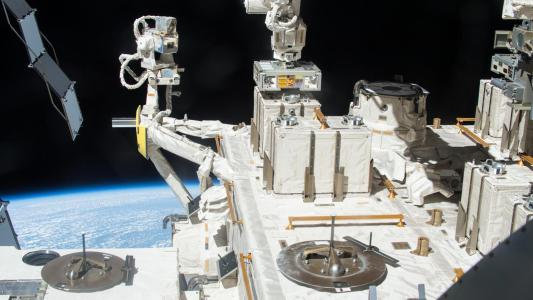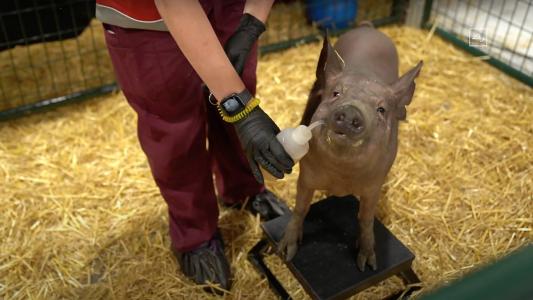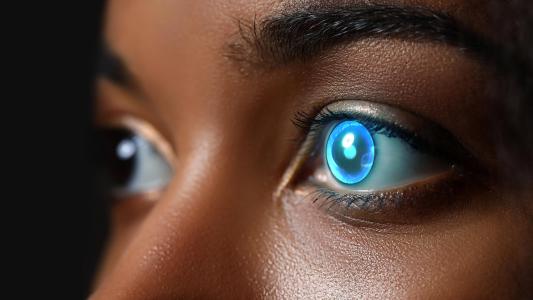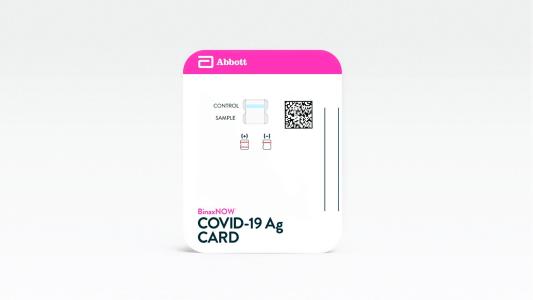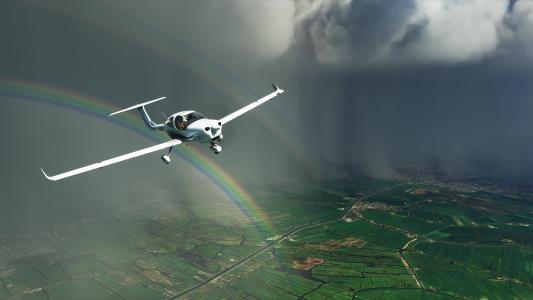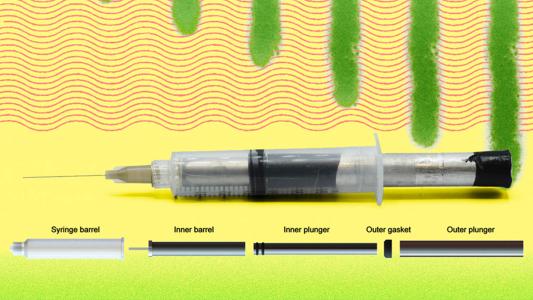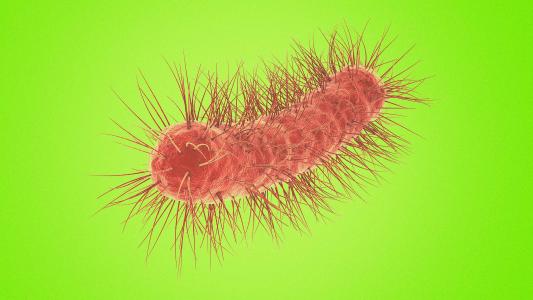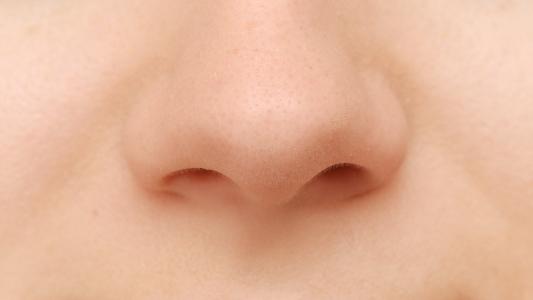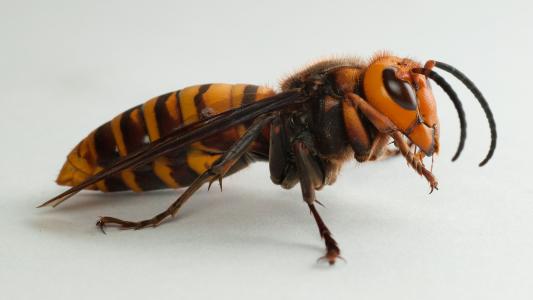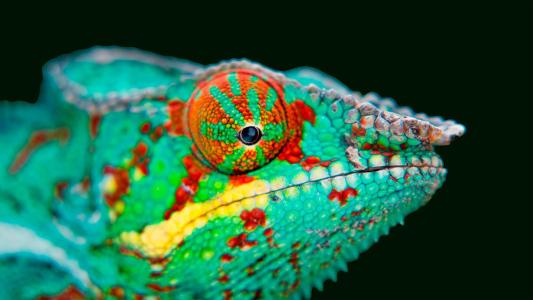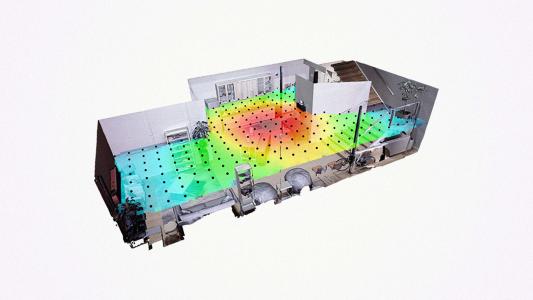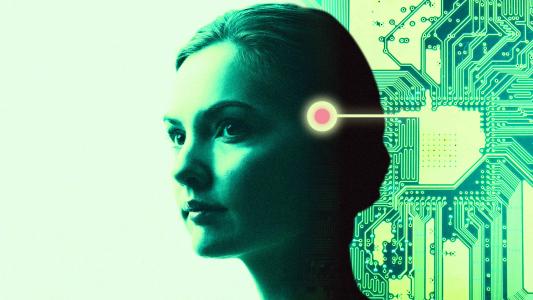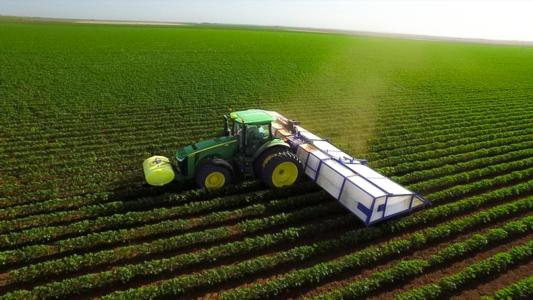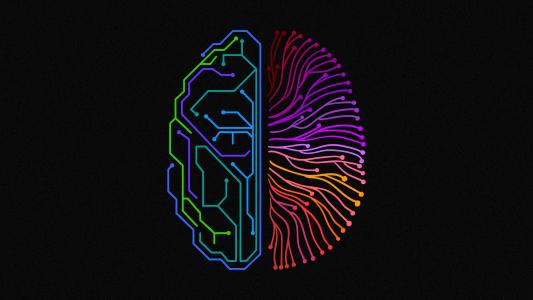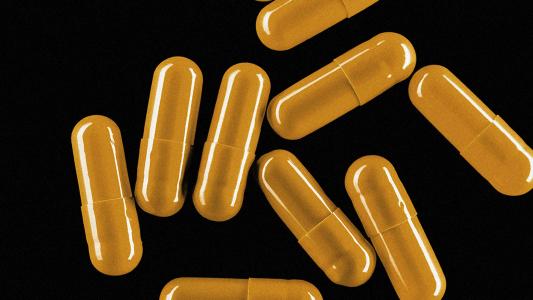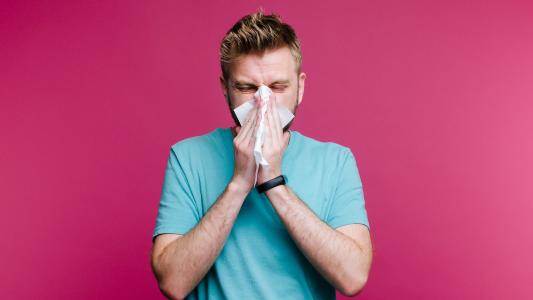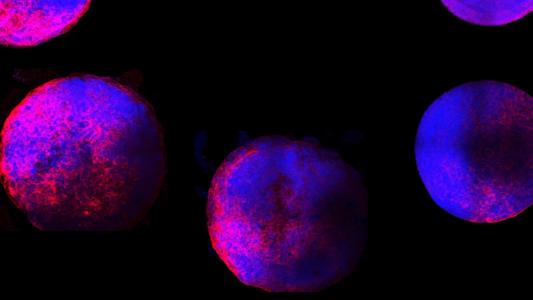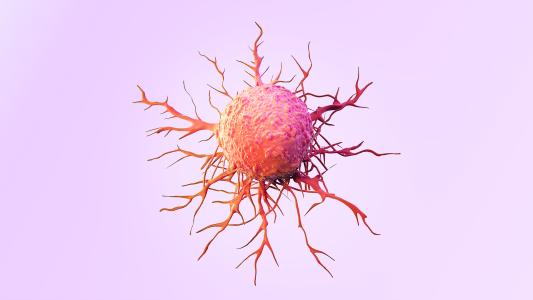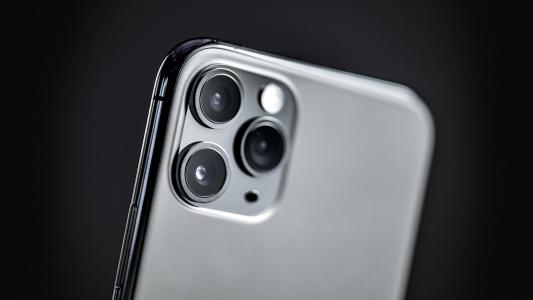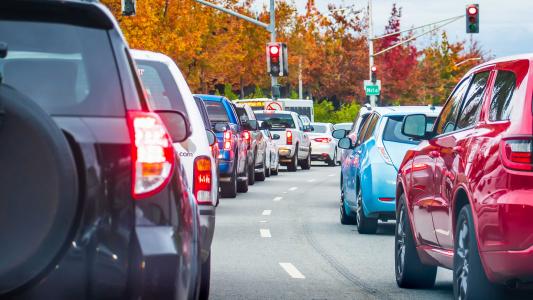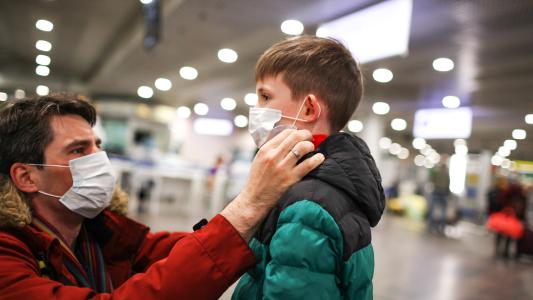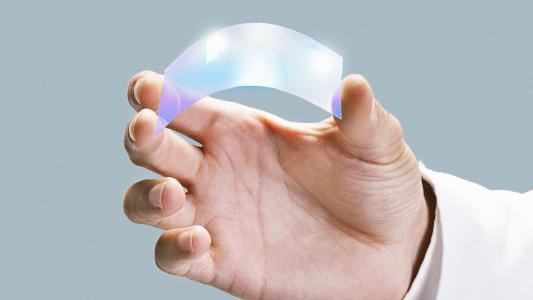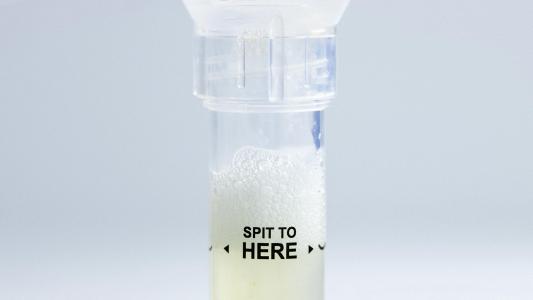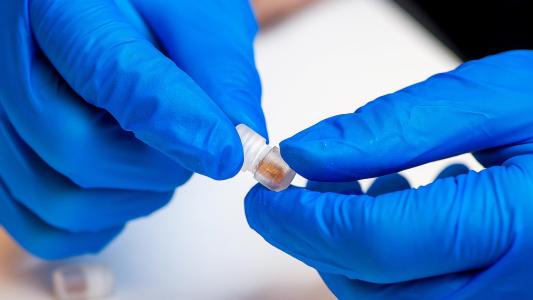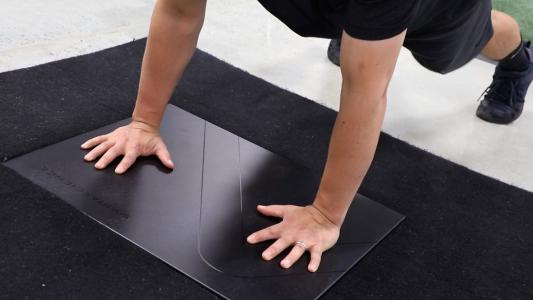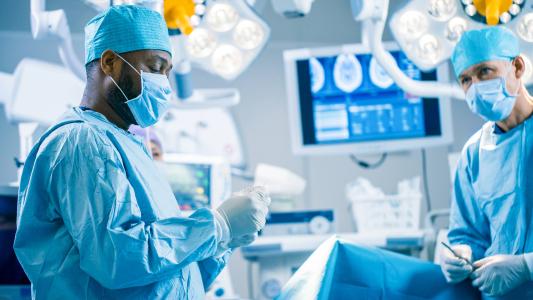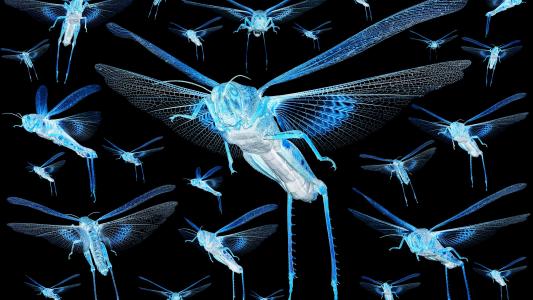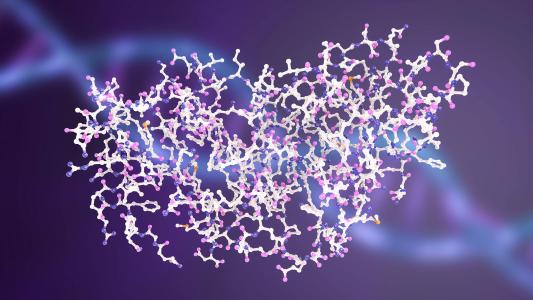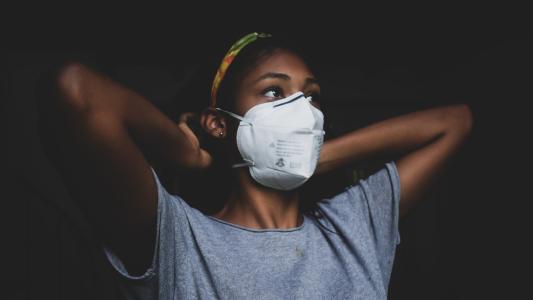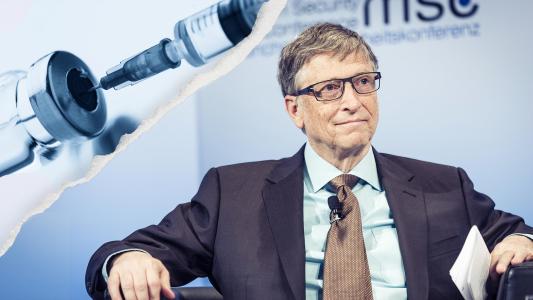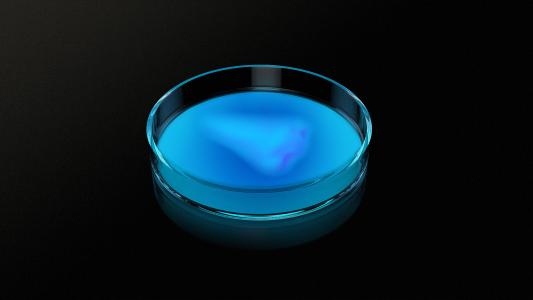Minecraft’s urban planning AI could help design future cities
AIs design entire settlements in an annual Minecraft competition that could reveal uses for the tech in real-world urban planning.
Dogs that can smell coronavirus screen travelers at airport
Detection dogs that can smell coronavirus in a person’s sweat are now screening travelers for COVID-19 at Helsinki Airport.
Cooling the planet with a giant solar umbrella
Solar geoengineering would cool global temperatures — is it worth it?
Are microbes called protists our only virus eaters?
Despite their abundance, nothing we know of eats viruses. But new research suggests microbes called protists might.
Delivery drone breaks flight record for transporting an organ
A MissionGO delivery drone carried a human kidney a record-breaking 10 miles, demonstrating how the devices could facilitate organ transplants.
Truffle pomme fondue sound tasty? Visit this fine-dining drive-thru.
The Resy Drive-Thru could help the restaurant industry survive the pandemic by serving as a creative new revenue stream for fine-dining chefs.
Johnson & Johnson’s COVID-19 vaccine reaches final trial stage
Johnson & Johnson’s COVID-19 vaccine isn’t the first to reach the final human trial stage, but it may have several advantages over its predecessors.
Fresh ice spotted in unexpected part of Saturn's moon Enceladus
Saturn’s moon Enceladus is already suspected of hosting extraterrestrial life, and new Cassini data suggests where that life might exist.
Underwater data center could lead to a more reliable internet
After spending two years on the ocean’s floor, Microsoft’s underwater data center had a much lower server failure rate than land-based data centers.
“Antibody inhaler” could rapidly treat—and prevent—COVID-19
Scientists have discovered a new antibody therapy that can be inhaled to provide treatment and temporary immunity to the coronavirus.
CRISPR’d male “surrogates” can produce another animal’s prized sperm
High-quality sperm means high-quality animals, but the process can be expensive or inaccessible. CRISPR-edited “surrogate sires” may provide a solution.
“Candy flipping” — mixing MDMA and LSD — is hitting the lab
A clinical trial of mixing LSD and MDMA, known as “candy flipping,” wants to see if molly can take a trip’s edge off and make LSD therapy more effective.
Antivenom scientists are using horse antibodies for COVID-19
In Costa Rica, horse antibodies for COVID-19 are about to enter human trials.
Undescribed deep sea creatures discovered in the great barrier reef
Researchers discovered undescribed deep sea creatures, spotted rare fish, and gathered geological samples from the deepest part of the Great Barrier Reef.
Can we turn the moon into a gas station?
NASA is looking to buy moon rocks from private companies. This lunar marketplace will spur the development of new technologies that can extract resources from the moon.
Studying pig sh*t to prevent the next pandemic
A pilot program in North Carolina offers one solution to scanning for a potential pig virus in our farm system - slurry testing.
“Google Maps for the human body” offers a deep view inside our trillions of cells
Researchers are creating an interactive, 3D map of the human body to help identify and prevent disease.
The future of vaccines may be injectable gels
Scientists have designed a slow-releasing vaccine that can more accurately match the timeframe of a natural infection.
Walmart and Zipline launch a 1-hour drone delivery service that will parachute-drop your purchases
Walmart's drone delivery service will deliver wellness products to customers within a 50-mile radius of their headquarters in Arkansas.
Smart home devices can now track your health
Smart home technology can provide insight into residents' health by monitoring temperature, vision, and body chemistry.
Scientists are developing a coronavirus breathalyzer test
Fast, accurate, cheap, and easy to use, a coronavirus breathalyzer could be a game changer — and multiple research teams are racing to get them approved.
MIT can now monitor your sleeping position with radio waves
A new sleep monitor out of MIT uses reflections from radio signals — not cameras or body sensors — to track a person’s sleeping positions.
Signs of life found on Venus
Scientists found the gas, phosphine, in Venus’ atmosphere. So far, the only explanation is alien life.
Can RNA editing catch up to CRISPR?
Developed in the 1980s, RNA editing was overshadowed by CRISPR. But the last few years have seen a resurgence of interest in the gene editing technique.
Google built a neural network to warn ships of whales. will it help?
Google introduced an artificial neural network that can locate whales in the ocean. They want to use it to keep the animals safe from ships.
The race to get artificial blood into patients’ veins
Artificial blood could help address blood shortages while overcoming the limitations of donated blood, which has a relatively short shelf life.
Could a single injection send diabetes into remission?
Research has found that a single surgical injection of a protein into the brain can restore blood sugar levels and send diabetes into remission, for rodents. This could transform the lives of people living with diabetes.
This edible sensor can alert you of food contamination
A microneedle patch made of silk changes color if it senses food contamination or spoilage, making it easier to know when food’s gone bad.
All of human knowledge in a tablespoon of DNA
With artificial DNA, a data storage facility as big as a football field could be compressed to the size of a sugar cube.
Firefighting satellites help track wildfires in California
High-tech instruments on satellites are helping emergency responders and members of the public track wildfires in California.
New brain implant reads minds from inside a blood vessel
A first-of-its-kind neural interface called the Stentrode sits in a blood vessel in the brain, picking up signals it can wirelessly transmit to a computer.
Meet the Mayflower, the robot boat crossing the Atlantic in 2021
The new Mayflower, set to traverse the Atlantic in 2021, won’t bear any pilgrims. It’s a robot boat, sailing sailor-free.
Researchers found tiny COVID-19 antibodies in an alpaca
Inside an alpaca’s blood, researchers have found tiny antibodies — nanobodies — that may lead to future antiviral medications.
$25 genetic test can improve asthma treatment for kids
Before prescribing an asthma treatment to children, doctors should use a cheap genetic test to look for a specific altered gene, according to a new study.
Astronauts lose muscle in space. These mice could hold the solution
Without gravity, astronauts experience muscle and bone loss, limiting mission time. Mice that gain mass in orbit may hold the key to preventing that loss.
Scientists use 40-year-old DNA to clone endangered horse
The first cloned Przewalski’s horse could inject the critically endangered species with a much-need dose of genetic diversity.
This massive farm robot is helping secure the future of food
A massive farm robot is analyzing crops in Arizona, helping identify ones that could grow in hotter climates to help secure the future of food.
Facebook's new augmented reality glasses will turbocharge hearing
Facebook released details of augmented reality glasses that can tune out the real world and make computer-generated sounds seem real.
Underwater robots may be the future of deep sea mining
Tech requires raw material, and some lays at the bottom of the sea. Could underwater robots be the future of deep sea mining?
The world's first living machines
The world's first living robots may one day clean up our oceans.
New ALS treatment appears to slow disease progression
A new ALS treatment that appears to slow disease progression offers hope to those battling the incurable neurological disorder.
You can now order a 3D printed, mind-controlled prosthetic arm
By scanning amputees’ limbs with a 3D scanner, Unlimited Tomorrow is making custom prosthetic arms that can be controlled with the mind.
AI that predicts pregnancy complication could save lives
By predicting future preeclampsia risk, the AI might save the lives of mothers and their babies.
Weird, synthetic intestinal lining could make treating diseases easier
A synthetic intestinal lining could make it easier for doctors to control drug delivery and nutrient absorption in patients.
New route makes a journey to the moon faster, cheaper
To make a journey to the moon faster, the NASA scientists behind an upcoming moon mission designed a brand new route for their spacecraft to take.
FDA approves first artificial pancreas for young children
The FDA has approved a new artificial pancreas for children, making diabetes management easier for caretakers of diabetics as young as two.
What we know about COVID-19 reinfection so far
Researchers have reported four cases of COVID-19 reinfection, with patients recovering from the coronavirus and later testing positive for another strain.
“Extinct” New Guinea singing dog is found again, thanks to genetics
The New Guinea singing dog was considered extinct in the wild. But, new genetic evidence suggests otherwise.
Mini nuclear reactors take big step forward in the US
NuScale Power’s small modular reactors generate less energy than full-sized nuclear reactors, but they might also be cheaper and safer.
Could a Norwegian “hurricane net” stop storms by cooling the sea?
Norwegian company OceanTherm uses bubble nets to keep ice out of fjords. Could a hurricane net weaken the storms?
Amazon drone delivery gets approval to launch from FAA
Prime Air, Amazon’s drone delivery service, has secured a key FAA certification, clearing it for the next phase of testing in the U.S.
Microdosing LSD may provide pain relief
Since the 1960s, LSD has been seen as a potential painkiller. Now, new research suggests microdosing LSD may indeed provide relief.
These microbots may one day crawl through the body
Researchers have designed semiconductor legs for microbots. Laser activated, they are the first capable of being controlled by standard electronic signals.
Robots are running COVID-19 drug development
IBM’s new online platform, RoboRXN, combines artificial intelligence, cloud computing, and robotics to automate the COVID-19 drug development process.
It's now easier to see individual atoms, thanks to new tech
With improved tech, two teams have sharpened cryo-electron microscopy to be able to see individual atoms.
Pocket-sized bot can perform surgery better than humans
A tiny origami-inspired robot assists surgeons in a mock surgery.
A patient’s sex may affect their COVID-19 immune response
Key differences in the COVID-19 immune response of men and women could potentially explain a disparity in patient outcomes.
Influenza virus may be transmitted by particles in the air
Airborne particles like dust and dander not caused by breathing — “aerosolized fomites” — may be a route of influenza virus transmission.
A professor's teaching hack lights up twitter
Educators new to online teaching are struggling to adapt. This teacher created a DIY lightboard that is being widely shared on Twitter.
3D printed homes could soon be made out of dirt
By transforming soil into a construction material for 3D printed homes and other structures, researchers hope to slash concrete's environmental impact.
Google announces cheaper alternatives to college degrees
Google’s new certificate program provides alternatives to college degrees that are cheaper to obtain, but potentially worth the same in the job market.
Did life on Earth travel here from Mars?
Bacteria that survived on the outside of the ISS for three years suggests that panspermia is still a viable theory for the origin of life on Earth.
The social distancing traffic light
Assessing your COVID-19 risk for everyday activities will be key to some kind of normalcy. Now, researchers want to add nuance to social distancing.
Elon Musk: Neuralink brain implant detects pigs' movements
During a livestream, CEO Elon Musk presented the latest Neuralink brain implant, as well as what he claimed were several pig recipients of the device.
Mojo Vision wants to give our eyes superpowers
AR contact lenses will project the digital world into our retinas.
Teens create website to combat social isolation in seniors
To help combat the problem of social isolation, three Texas teens created Big & Mini, a website that sets up video chats between seniors and younger people.
$5 COVID-19 test could be a game changer in the US
Abbott Laboratories’ $5 COVID-19 test has secured an FDA authorization, meaning the U.S. now has access to a fast, accurate antigen test.
Storm chasers explore Hurricane Laura with new flight simulator
Virtual storm chasers are using Microsoft’s new flight simulator to explore Hurricane Laura as it moves across the U.S.
Redesigned syringe could increase global access to medicine
A double-barrel syringe developed at MIT makes it possible to inject highly viscous biologics, making them more accessible to patients.
A health app could someday detect heart disease via selfies
Researchers in Beijing created a new deep learning algorithm, which claims to detect signs of heart disease in the human face.
“Antivitamins” could be the cure for antibiotic resistance
The B1 antivitamin helps bacteria kill competing bacteria, leading researchers to suspect it could help us fight antibiotic resistance and superbugs.
Why COVID-19 patients lose their sense of smell
Researchers have identified cells that are most susceptible to the novel coronavirus. They also support neurons associated with the sense of smell.
The murder hornet’s genome may help stop the invasion
The Asian giant hornet has invaded the Pacific Northwest. Researchers hope a map of the murder hornet’s genome can help their hunt for them.
Meet snatcher, the chameleon lizard robot with an ultra-fast tongue
The chameleon lizard has a highly specialized tongue. Now, a team of engineers created a quick-tongued robot.
Training a home robot to see — and hear
Facebook's AI lab has released new tools for its embodied AI training platform, including one to train a home robot to respond to sounds.
Raising Pacific islands to save them from high sea levels
The president of Kiribati announced a new plan to fight against sea level rise: raise the islands.
How to radically biohack your mind
Brain-computer interfaces could enable humans to "merge with AI."
Smart farm equipment can spot weeds among crops
Facebook’s facial recognition AI will turn ordinary farm equipment into precision agriculture machines by training it to spot the weeds among the crops.
Left-handed people are “left-out” of brain research
Left-handed people are systematically excluded from brain research, due to an archaic doctrine. These neuroscientists want that to change.
Scientists want to study your at-home psychedelic mushroom experiences
Scientists are looking for people planning to trip on psychedelic mushrooms for a new study focused on people’s “real-world” experiences with psilocybin.
Fecal transplant cures man whose gut made him drunk
A fecal transplant cured a man of auto-brewery syndrome, a rare condition in which the gut converts carbs into alcohol, making a person feel drunk.
Can the common cold help battle COVID-19?
The common cold can be caused by a coronavirus. New research suggests the immune response it causes may help protect against COVID-19.
Scientists grow mini human hearts from stem cells
Mini human hearts grown from stem cells, also known as "heart organoids," could help doctors address the most common kind of birth defect in humans.
Study may explain why cancer gets more aggressive as we age
A molecule in the blood of older people promotes the spread of cancer, which could explain the link between age and metastatic cancer.
Using smartphone cameras to detect diabetes
A new algorithm can detect diabetes using data collected by a smartphone’s camera, offering a way to address the problem of undiagnosed diabetes.
Smart traffic lights ease congestion on city streets
Smart traffic lights by startup NoTraffic use AI to improve the flow of traffic in cities, minimizing carbon emissions and delays for first responders.
Who should get the COVID-19 vaccine first?
The COVID-19 vaccine will likely be rationed. Who will be first on the list to receive it?
The material that could help humans become cyborgs
Coating implantable electronics in the polymer PEDOT can extend their life, which could make cyborgs more common in the future.
Open-source COVID-19 saliva test could be a game changer
SalivaDirect, a COVID-19 saliva test funded by the NBA and NBA players’ union, could be the cheap, accurate testing method the U.S. desperately needs.
This smart pill could unlock mysteries of the human gut
A new smart pill can be programmed to collect gut microbiome samples from anywhere along the GI tract — overcoming a major research problem.
AI force plate prevents injuries by predicting them
Sparta Science has developed an AI-powered force plate system that prevents injuries among athletes and soldiers by predicting their likelihood.
Doctors spray chemo inside abdominal cancer patients
For the first time, a U.S. trial will test the ability of an experimental cancer treatment called PIPAC to help late-stage abdominal cancer patients.
Hackers build a DIY satellite tracker to eavesdrop on space
The NyanSat guided challenge asks hackers to build a satellite tracker, making low-earth-orbit satellites more accessible.
Scientists have found the locust swarm pheromone
A locust swarm is flying famine, devouring millions of pounds of crops. Researchers have found the swarming trigger — and perhaps an answer to stopping it.
Immune proteins show promise as COVID-19 treatment
Immune proteins called interferons appear useful as a COVID-19 treatment if given to patients before an infection becomes severe.
Good news, bad news, and reasons to be optimistic about COVID-19
Much has evolved since the earliest predictions about COVID-19. Here's how the data is updating our view on the coronavirus.
Gates Foundation backs a $3 coronavirus vaccine
The Gates Foundation is spending $150 million to help with the manufacturing and distribution of a $3 coronavirus vaccine in lower-income nations.
Urine test could replace malignant melanoma biopsies
Doctors can look to the levels of certain fluorescent molecules in the urine of malignant melanoma patients to track the progression of their skin cancer.
How to mass produce your own organs
Bioprinting could be the next frontier of personalized medicine.
Is it possible to predict the next black swan event?
Extremely rare but massively disruptive, no one sees a black swan event coming. But researchers are building a method that may change that.
